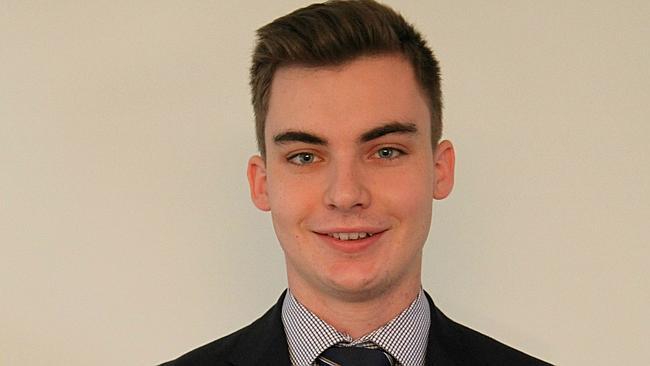Adecco launches new CEO for a Month competition
The winner of Adecco’s CEO for a Month will be paid the group chief executive’s wage for four weeks.

Adecco has launched its international CEO for a Month competition, where the winning applicant will be paid an equivalent salary as the group chief executive for four weeks from June, alongside the firm’s global head Alain Dehaze.
More than 18,000 international candidates applied last year, when Australian James Kaluschke won.
Thanks to the contacts made during his month last year, Kaluschke has since been offered a job as a client service associate at Morgan Stanley Wealth Management in Brisbane.
Applications close next Friday at adeccowaytowork.com.
Productivity in focus
Workplace health and engagement program Global Corporate Challenge has found disengaged employees can cost businesses up to three months a year in lost productivity.
The study of 2000 workers found most confessed to taking four days off annually without being sick and admitted to being unproductive on 57 days a year. The study estimated the cost of “presenteeism” to be 10 times that of sick leave.
Insight data scientist Olivia Sackett says businesses wanting to improve productivity should focus on reducing presenteeism.
“Businesses use absenteeism rates as an indicator of engagement and productivity because it’s easy to quantify. If your employee is at their desk or on the work site, you can tick a box,” Sackett says.
“But this study, and a growing body of independent research, indicates that businesses are focused on the wrong measure of productivity; absenteeism is not the major culprit.”
She says employees respond well to quick changes including health programs when stressed, disengaged and struggling to perform.
Use your emotions
The most effective business leaders are those who score the highest on emotional and social intelligence tests because they are able to harness emotions to drive engagement in their team.
A Korn Ferry Hay Group study of 55,000 international workers found women scored higher than men on nearly all emotional intelligence competencies except emotional self-control, where no gender differences were observed.
Women who effectively use their emotional and social skills also are more effective leaders and managers than men.
The greatest difference between men and women is in emotional self-awareness, where women are 86 per cent likelier to consistently use the skill. Women are 45 per cent likelier to be seen as empathetic, but only 9 per cent likelier to have a positive outlook.
Finance, IT pay rises
Recruitment firm Robert Half’s annual salary survey, released this week, has found that two-thirds of Australian chief financial officers are planning to lift the salaries of their finance and accounting employees this year, and half are planning to give raises to information technology workers.
The study found CFOs were planning to pay an average of 6.7 per cent more this year, as the IT industry is in the middle of a five-year growth cycle.
With IT and finance staff in demand, senior managing director David Jones says companies are willing to offer more to keep their key staff.
“Employers try to distinguish themselves in various ways from their competitors to attract and retain the best professionals, and various companies hereby recognise the importance of salary increases,” Jones says.
Robert Half found the five finance positions that can expect the highest salary increases this year are financial managers, senior financial analysts, business analysts and financial and management accountants.
Finance managers were tipped to anticipate the highest growth.


